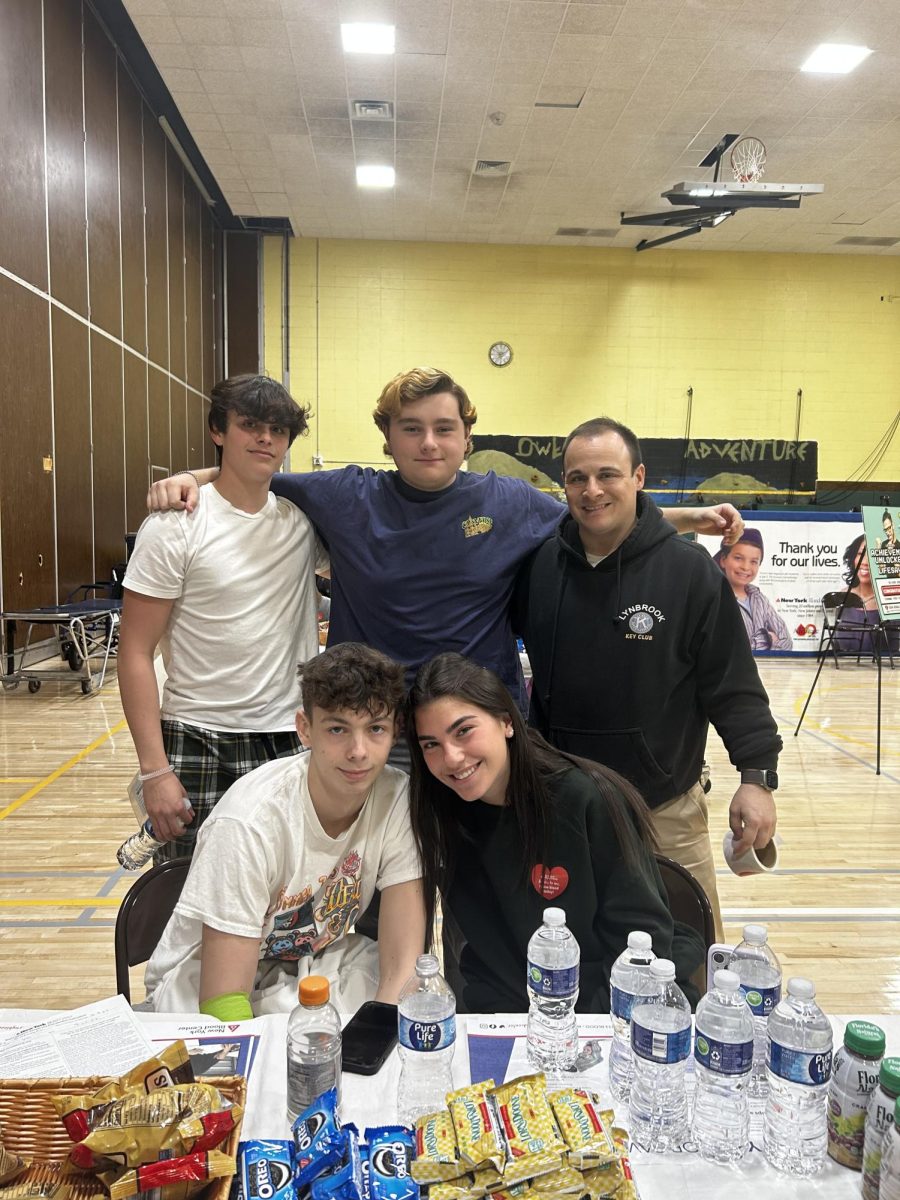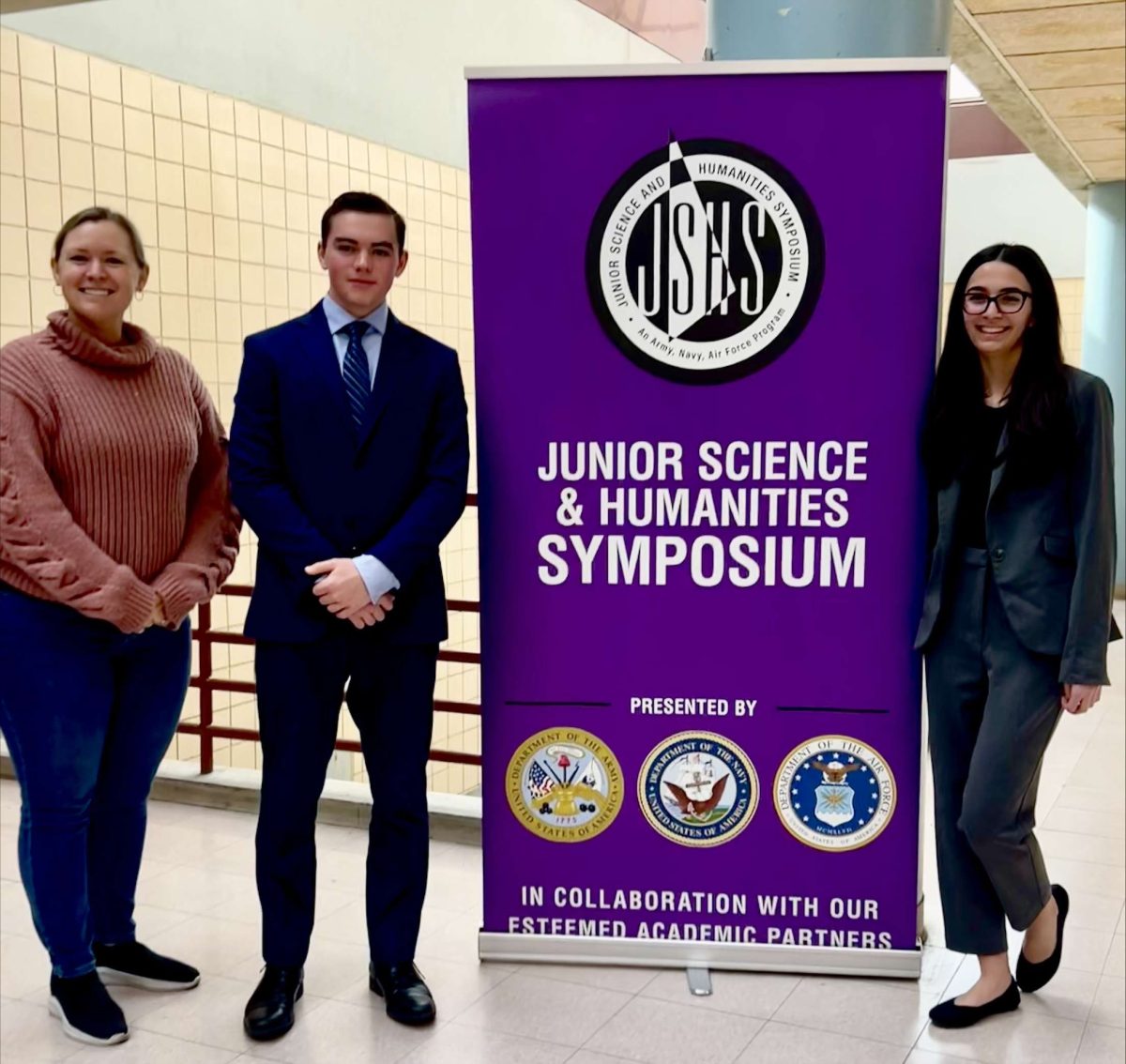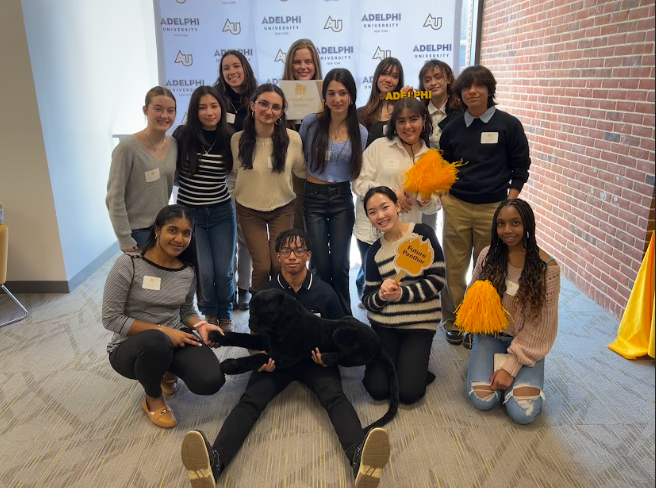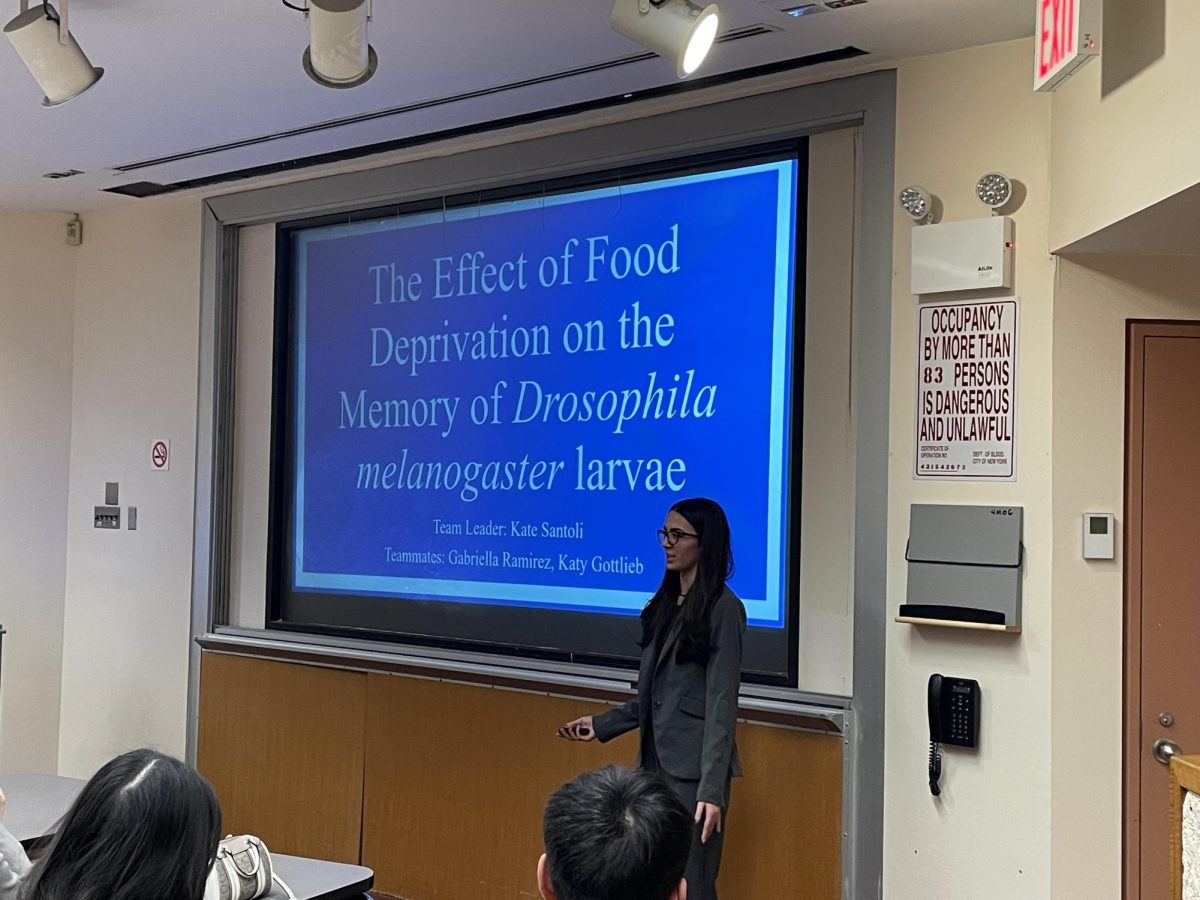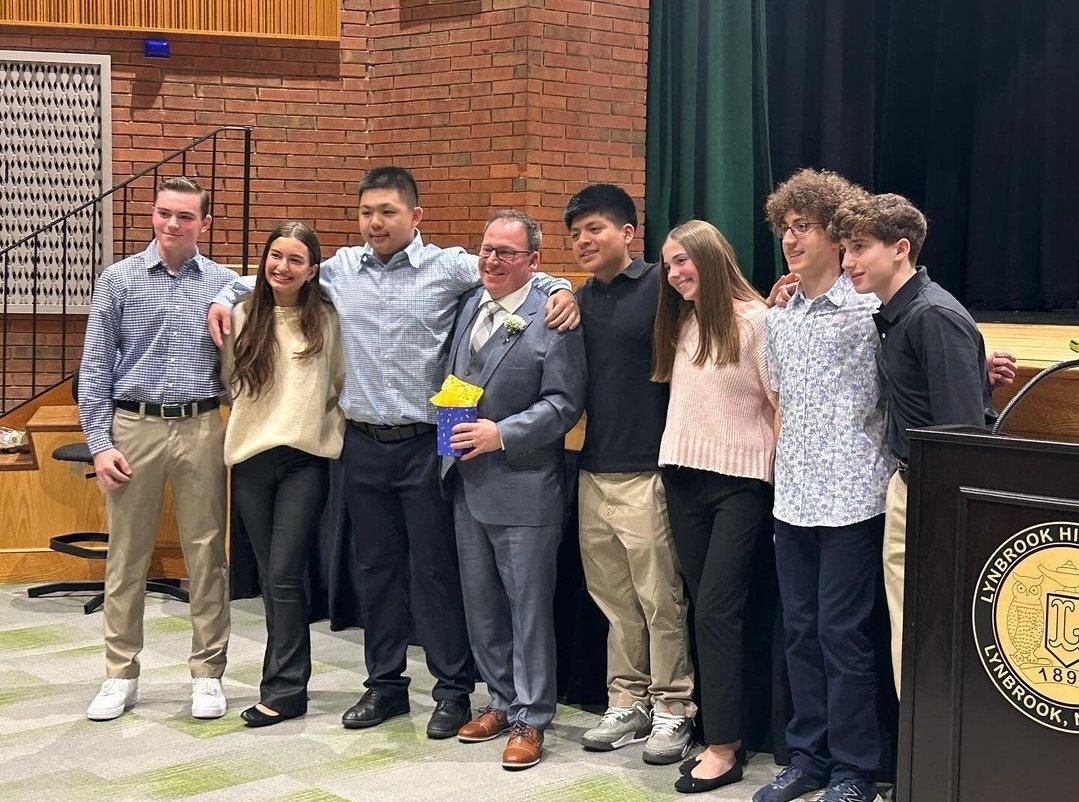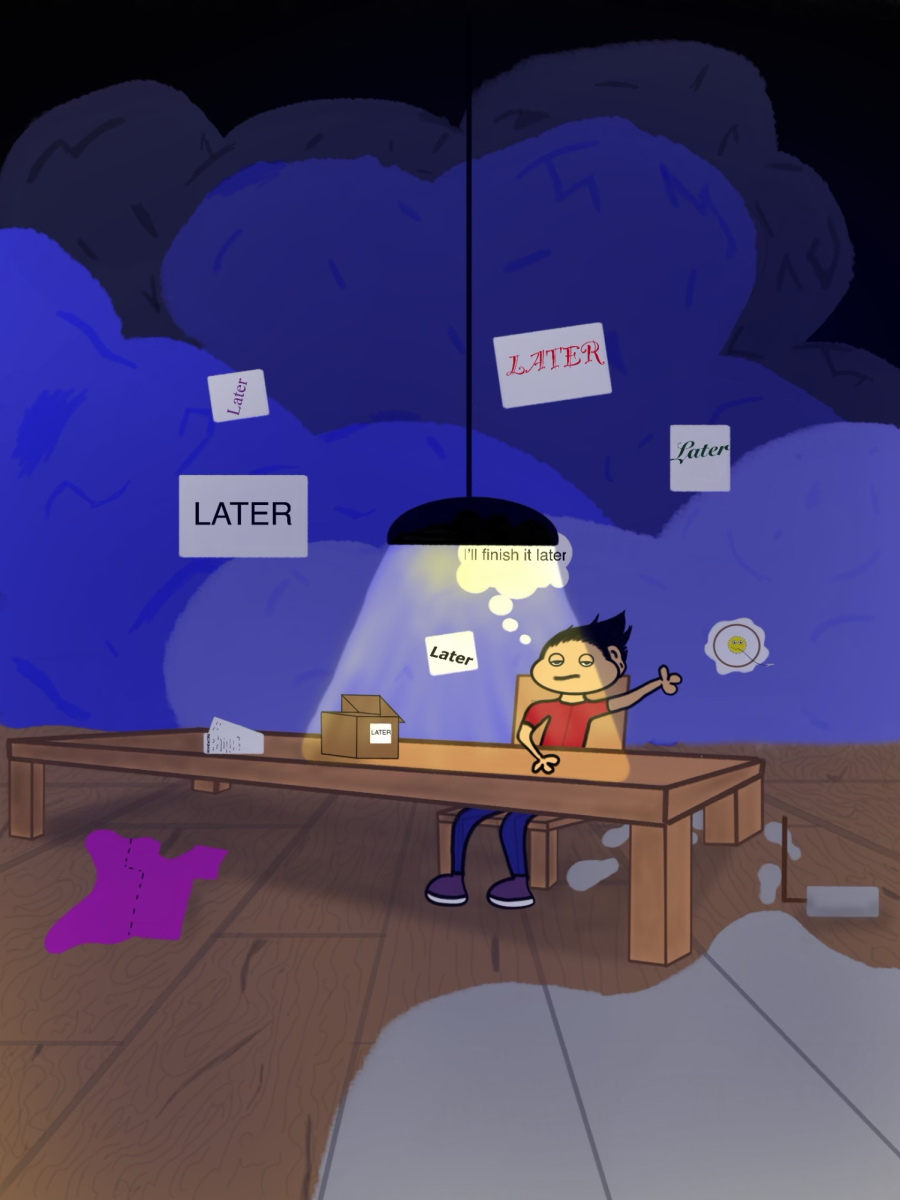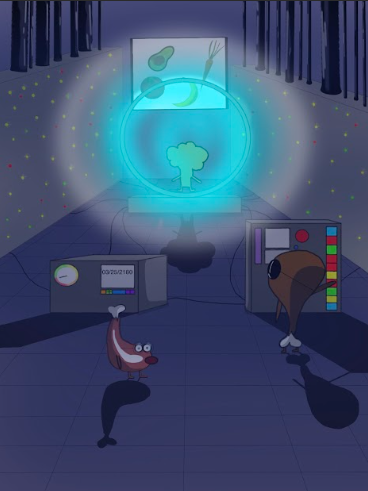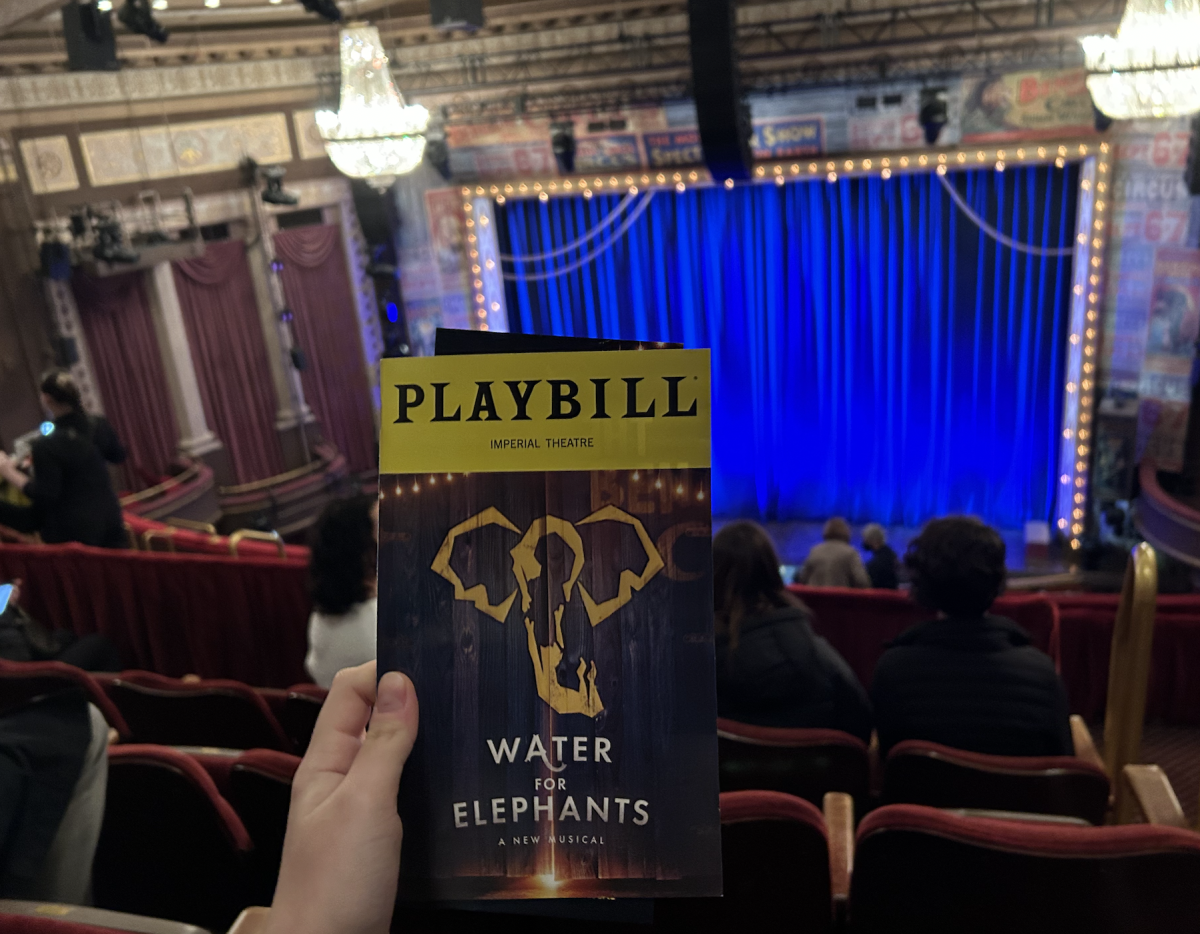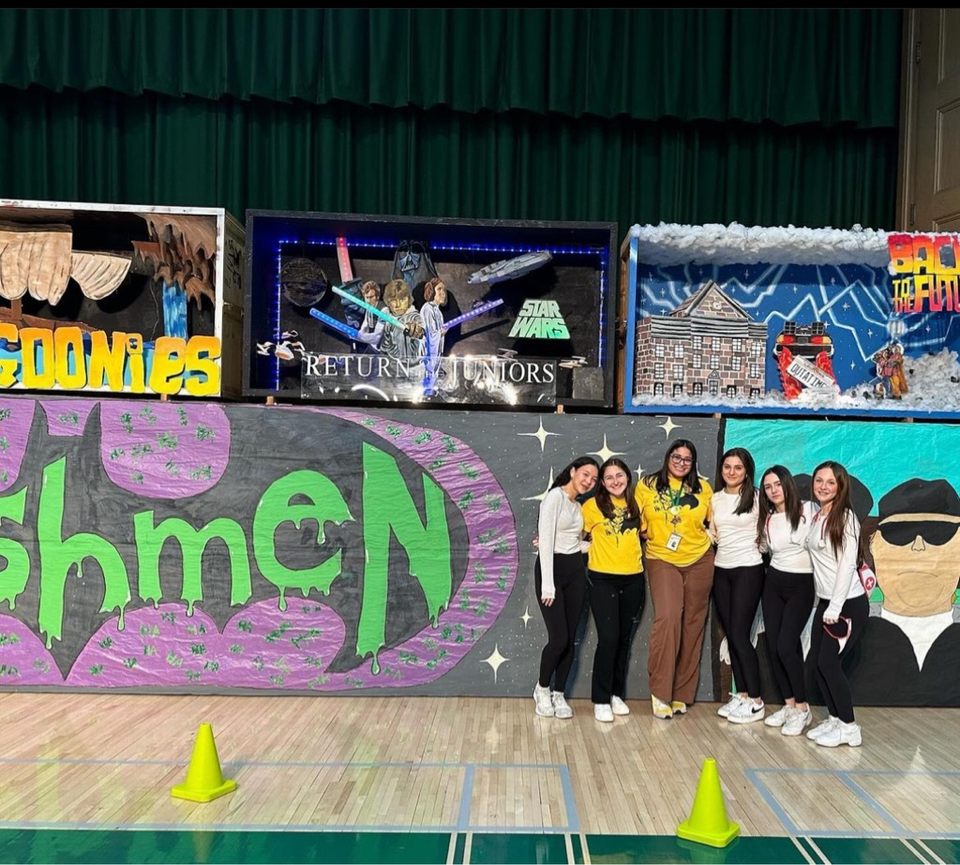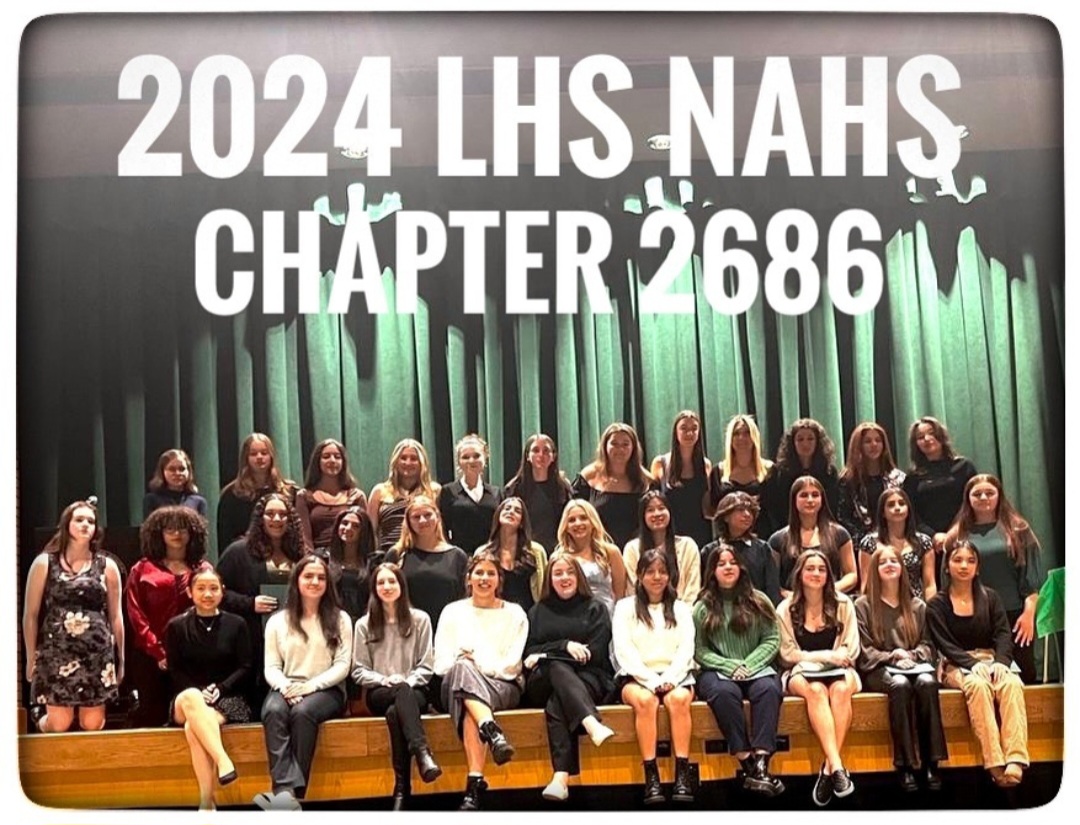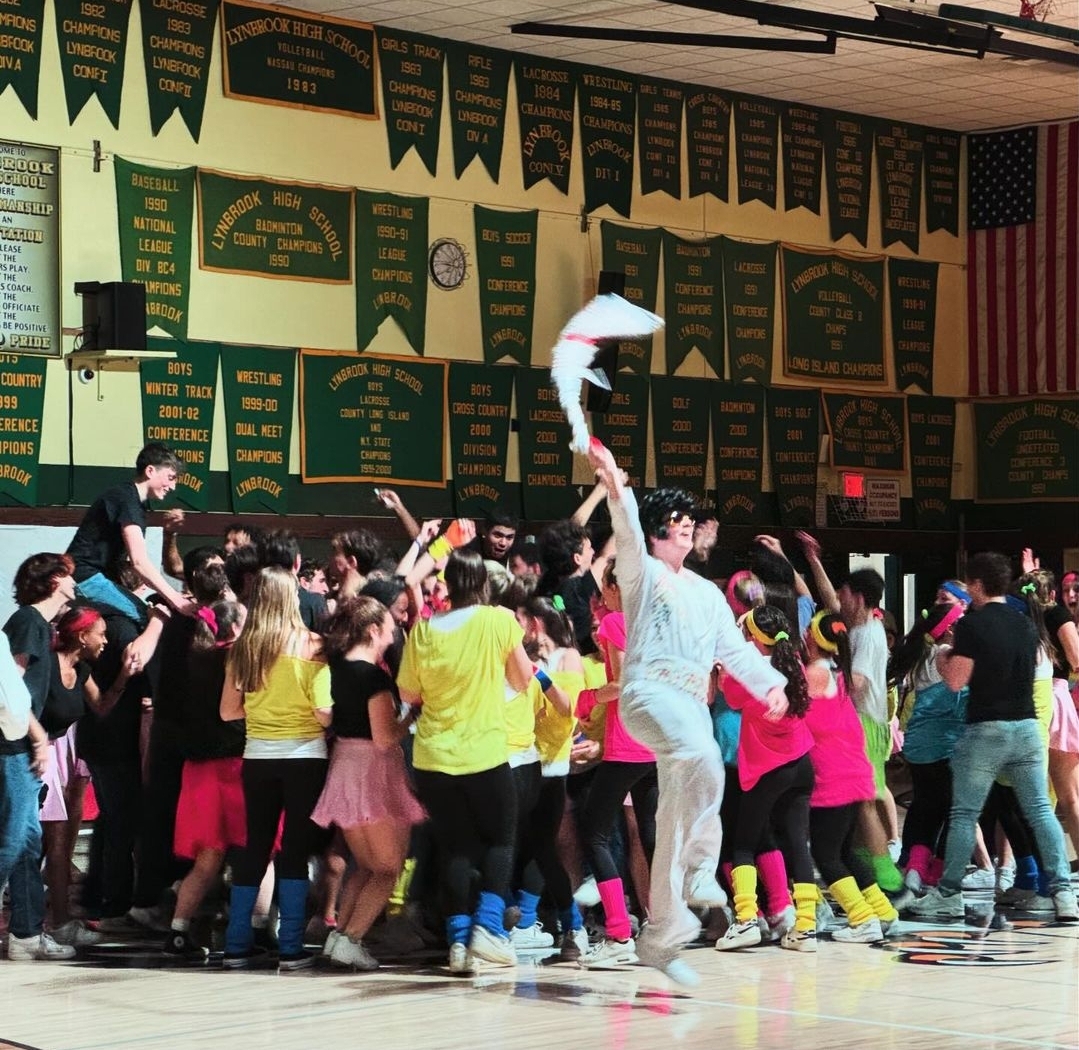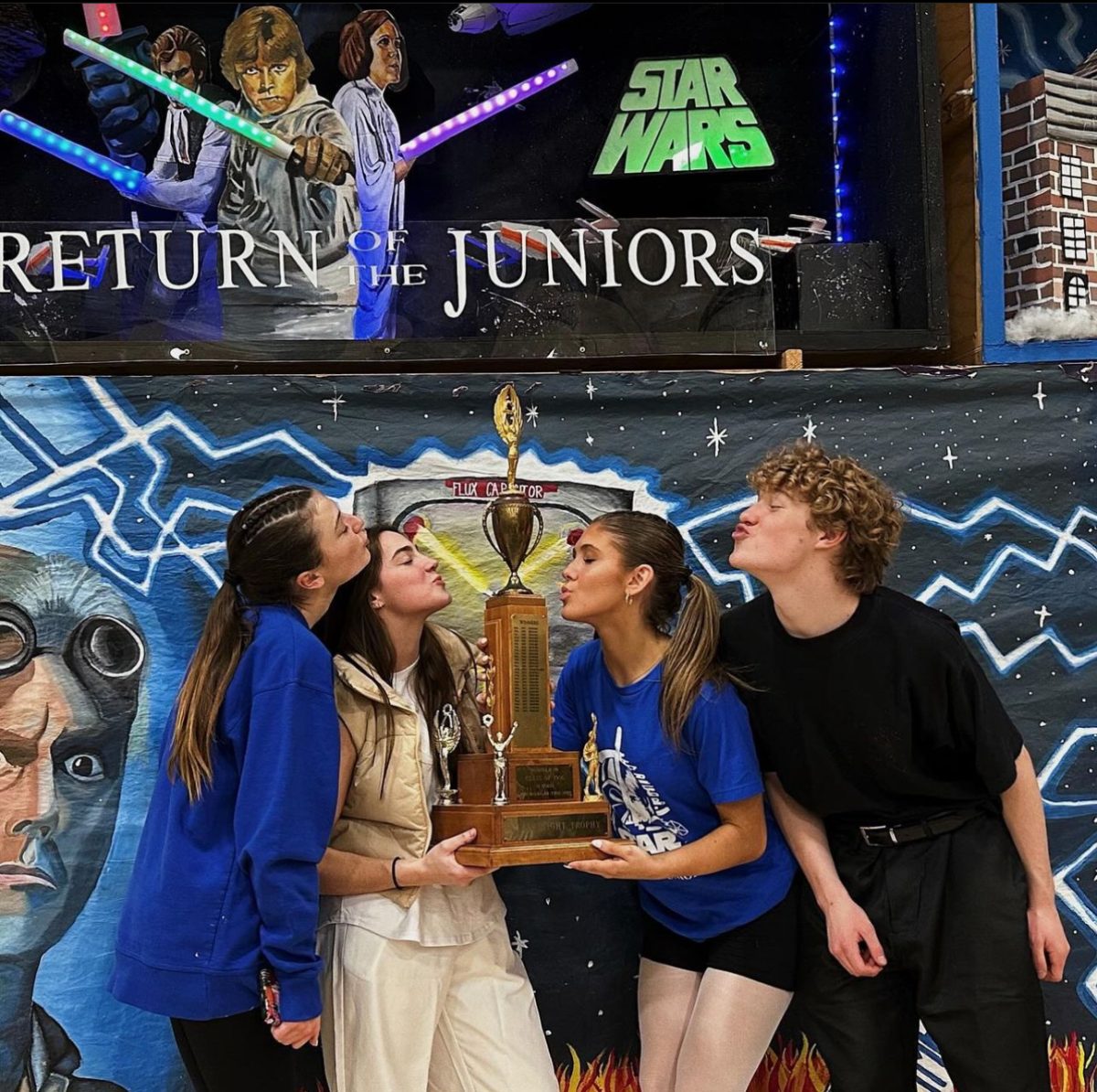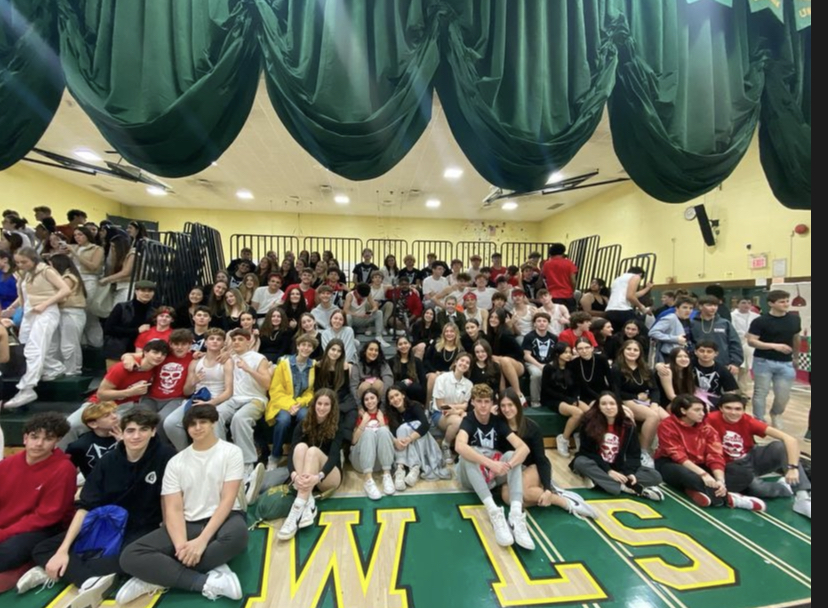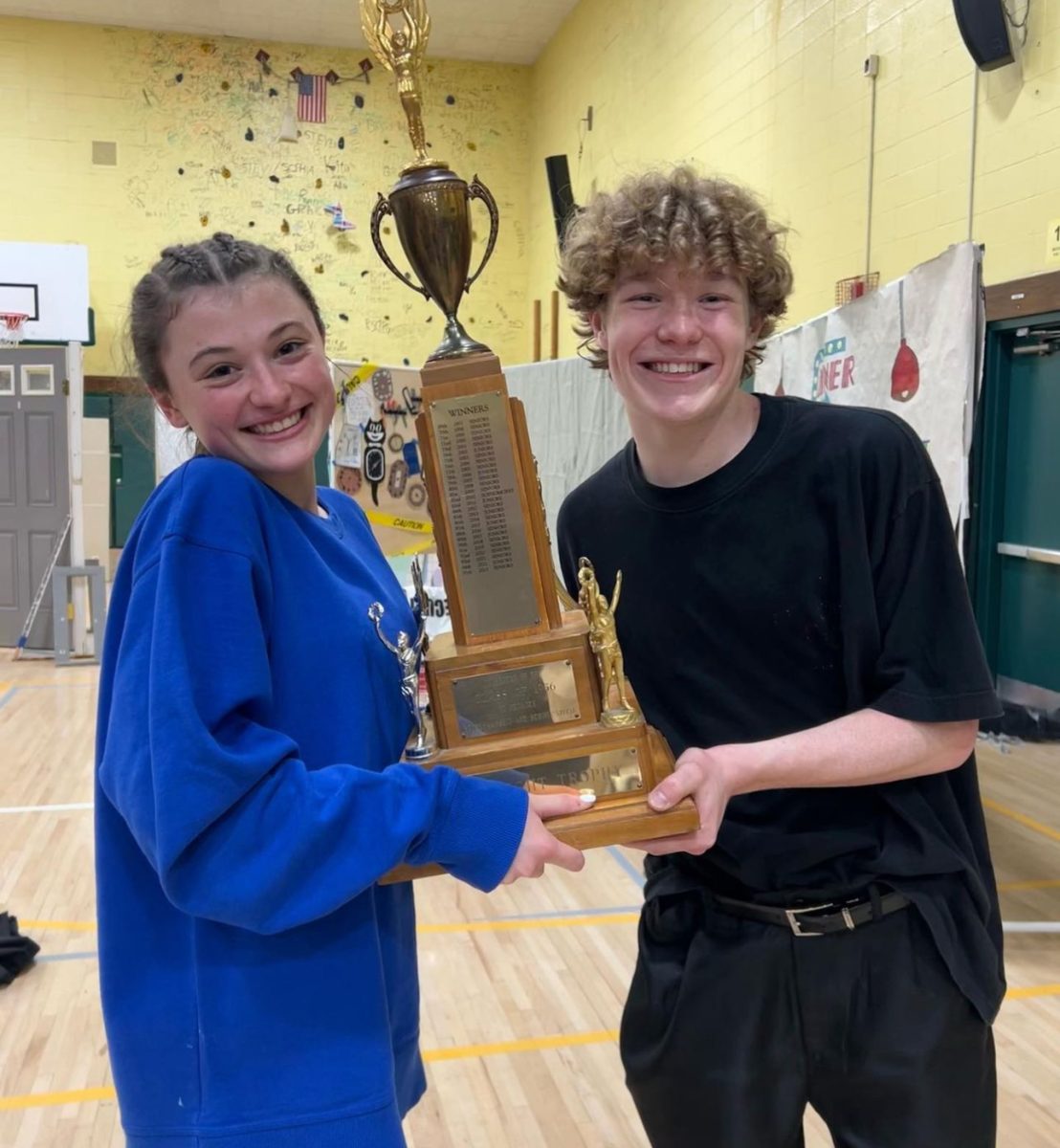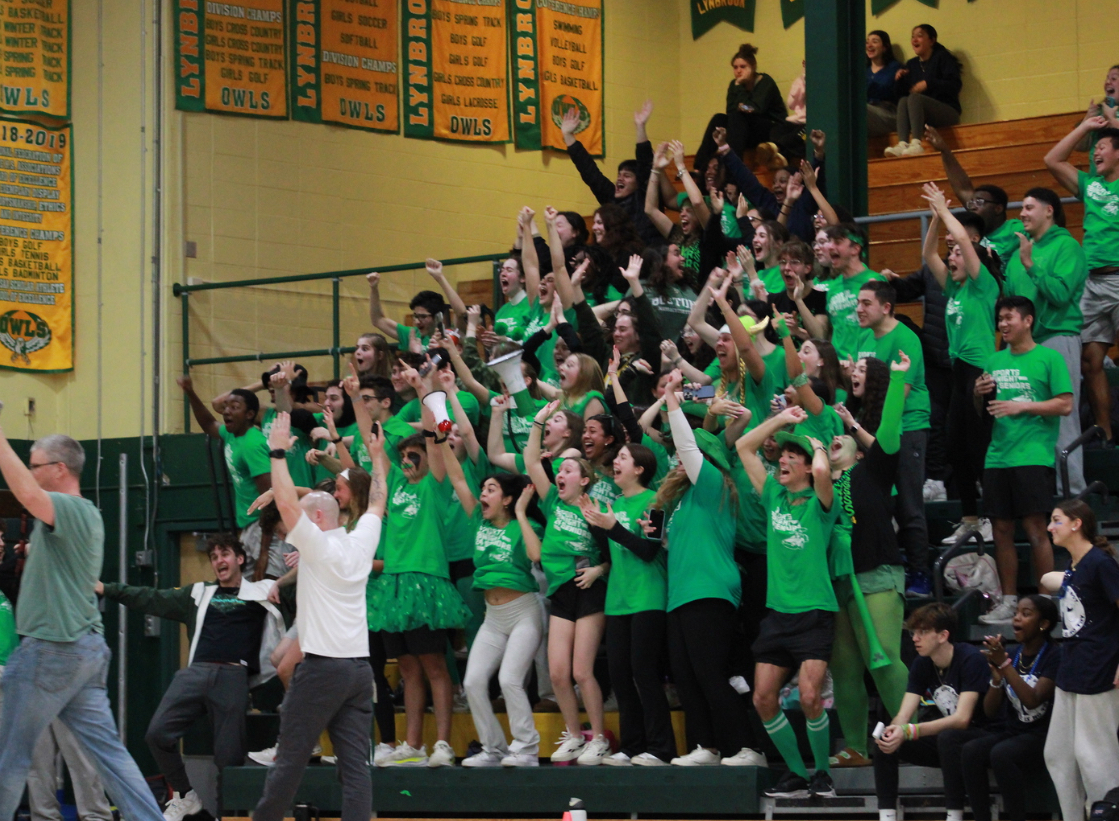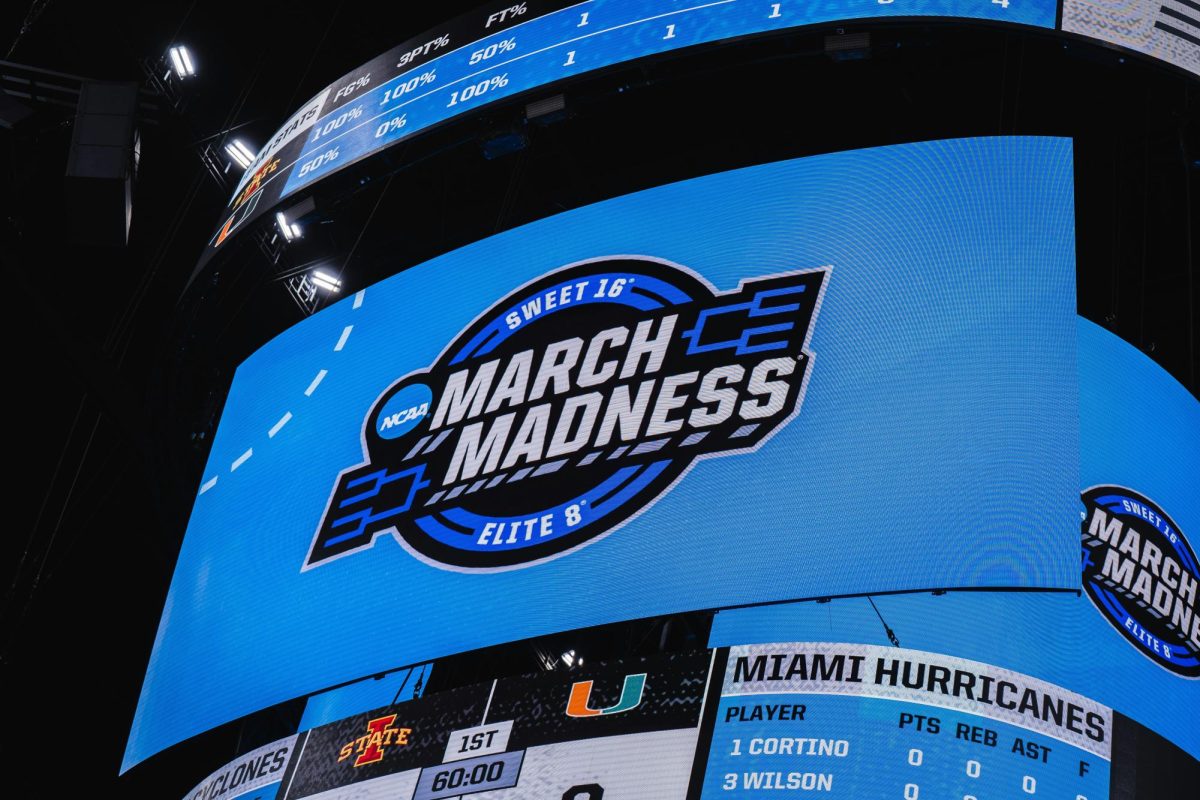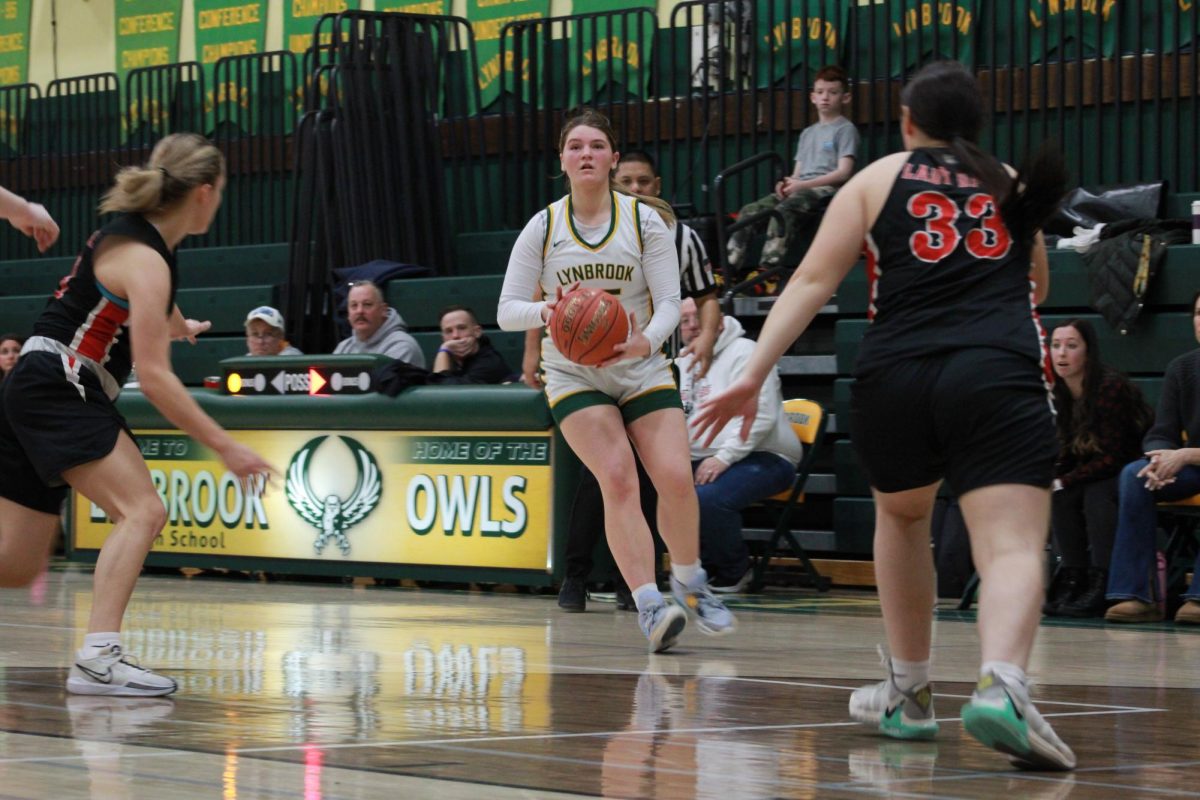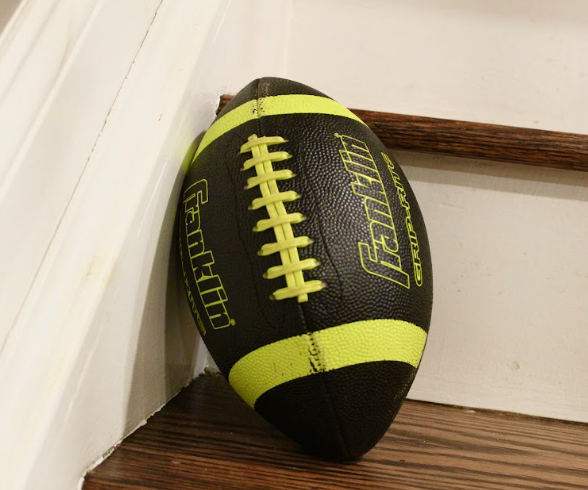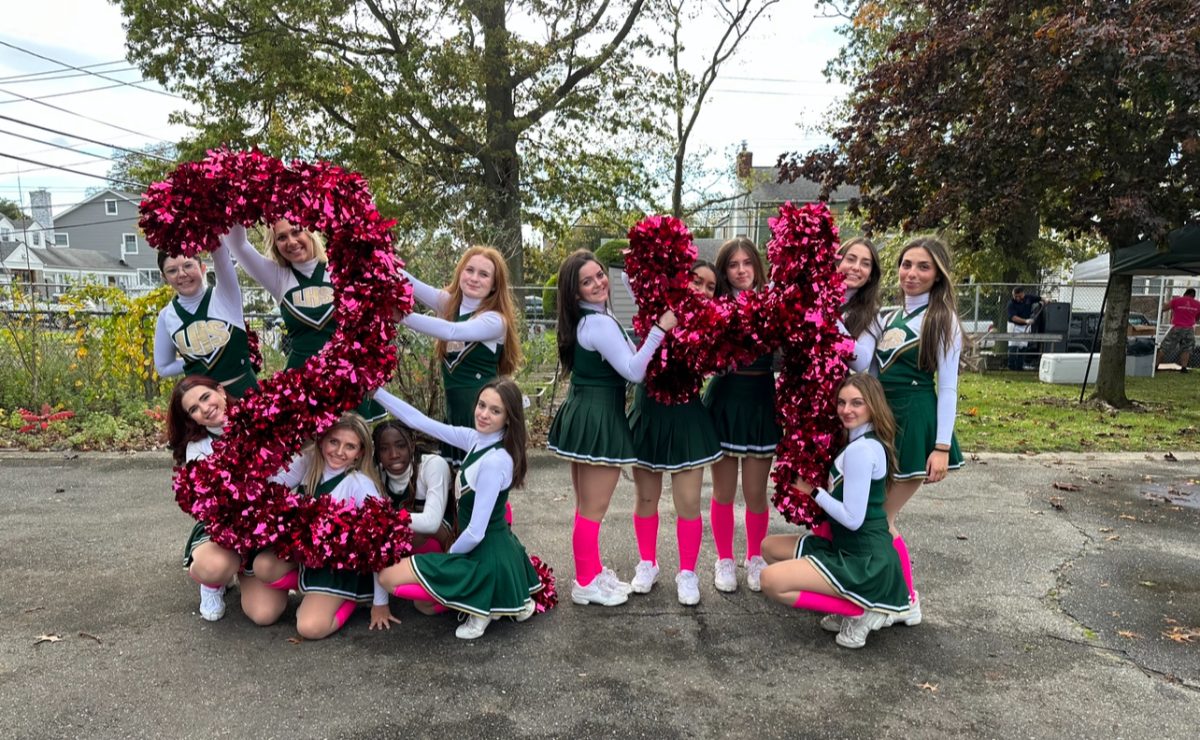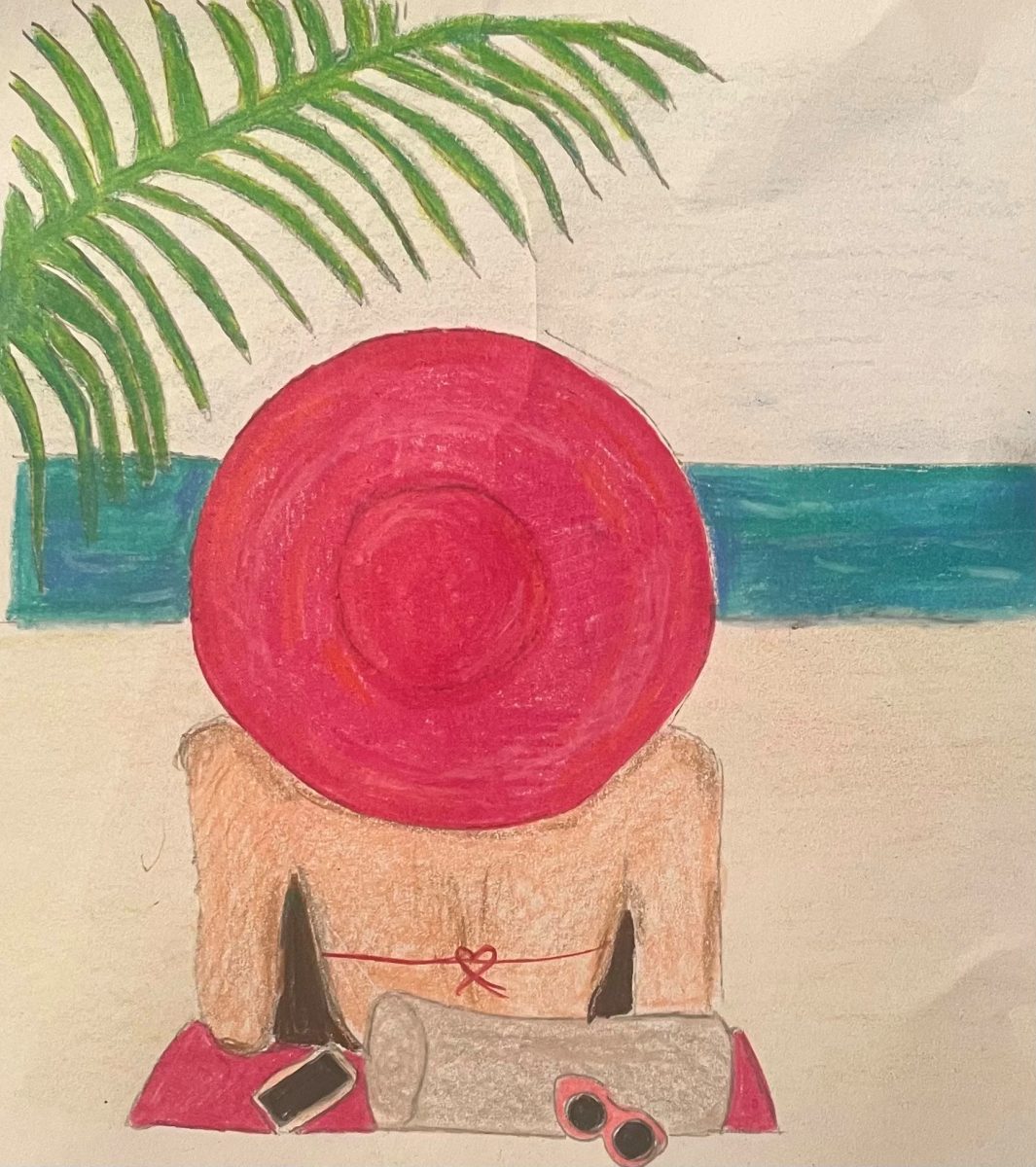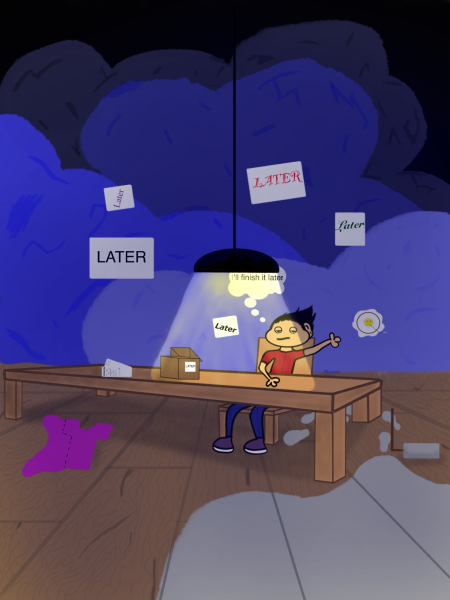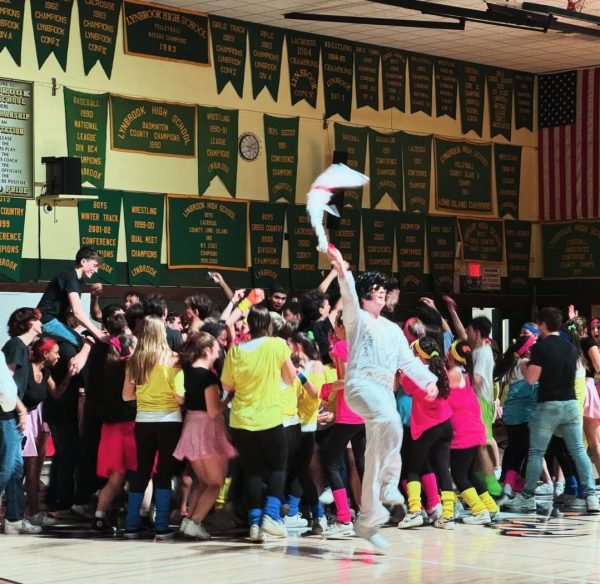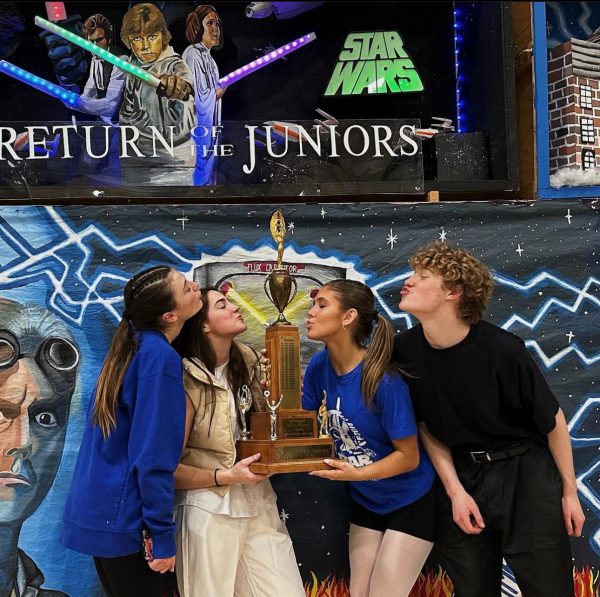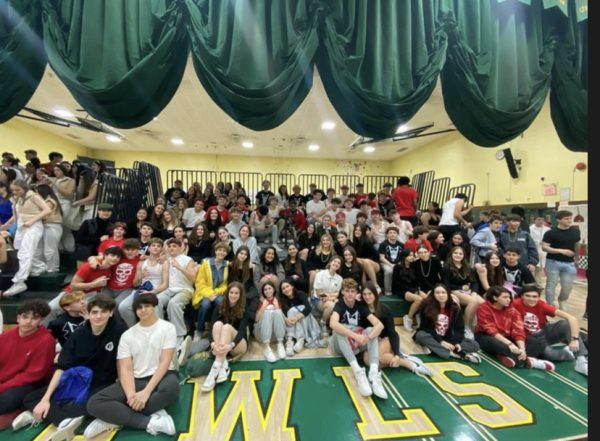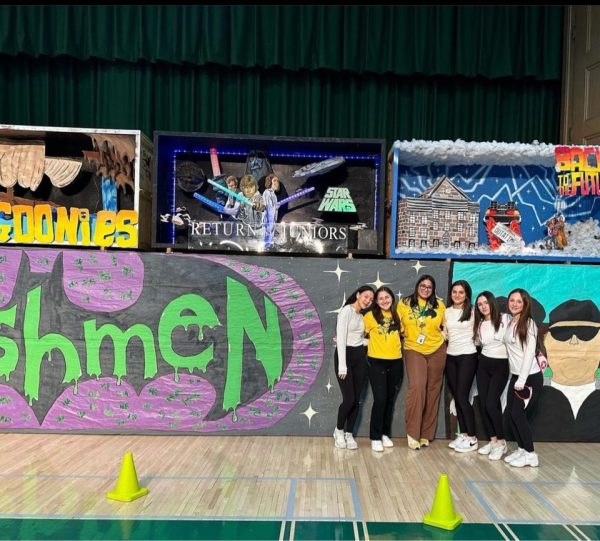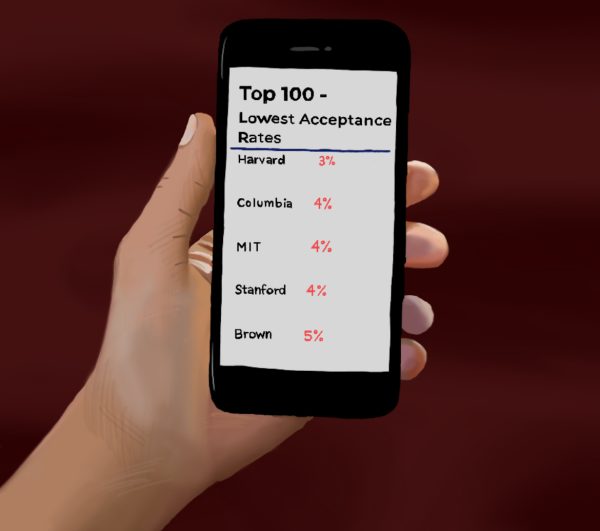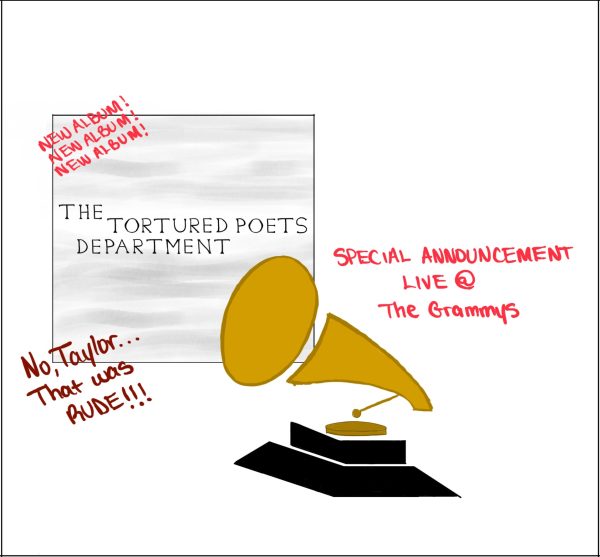The Musical Minority
Some LHS Students at Electrify Your Strings.
The hardships of being a student-athlete are no secret. Student athletes are constantly being recognized for the hard work it takes to balance life on the court or field with scholarly commitments. However, members of Tri-M and student-musicians in general are not acknowledged nearly as much as athletes. Rather than to discredit the effort of student-athletes, student-musicians should be more recognized for their dedication to musical extracurriculars outside of school. As a disclaimer, this is article is solely for the purpose of shedding light on this recurring nuance between sports and the arts.
As a violinist in two orchestras (other than the class and chamber orchestra), it appears that the time spent preparing for the performance is understated. There are countless hours rehearsing and running through the repertoire, dress rehearsals to perfect the sound, and finally, the performance. Although the show may be about an hour in length, the effort of traveling to and from rehearsals, learning the advanced music on time, and juggling the academic burden goes unnoticed or underappreciated by the audience. On top of requirements to continue participating on a weekly basis, most musicians have lessons with a private teacher or coach, which takes time to prepare for.
Senior John Krendel, who plays the cello, bassoon, and baritone, agrees with this sentiment: “It’s so easy to tell how understated the arts are in comparison [to sports]. The announcements are full of sports highlights and updates. It’s just not the same for music.” While the statistics of players are regularly updated weekly, musicians have not been receiving the same amount of attention. This indirectly lowers the importance and admiration that the arts receive. As sophomore Kaylin Tephly explains, “If we all put the same effort into sports, music, or anything else, why should athletes receive more appreciation based on popularity of activity for doing the same amount of work?”
Being a musician and an athlete, I understand how much work is exerted on both ends. While music and sports have many differences, they should not take away from the bigger picture, especially in a high school setting. Students are doing more than is expected or required by high school graduation requirements. To represent these activities equally, is to respect the students for their efforts. That is certainly not to say that student-athletes who are surpassing the standards by far should not be publicly commended or noticed, but rather that both activities be viewed in similar lights.
To be appreciated for musical participation in high school, students must do community service, perform for numerous events, and record all musical ventures for evaluation. Tri-M Honor Society has many set guidelines in order for students to be accepted as members. On the contrary, student athletes only have to make the team at the beginning of the season, and that already entitles them to nonstop announcements filled with updates on wins and losses. It is not the fault of anyone in specific, rather it is the influence of society and stereotypes of what is considered significant. Raising awareness of this divide would be the first step, but what comes next?

